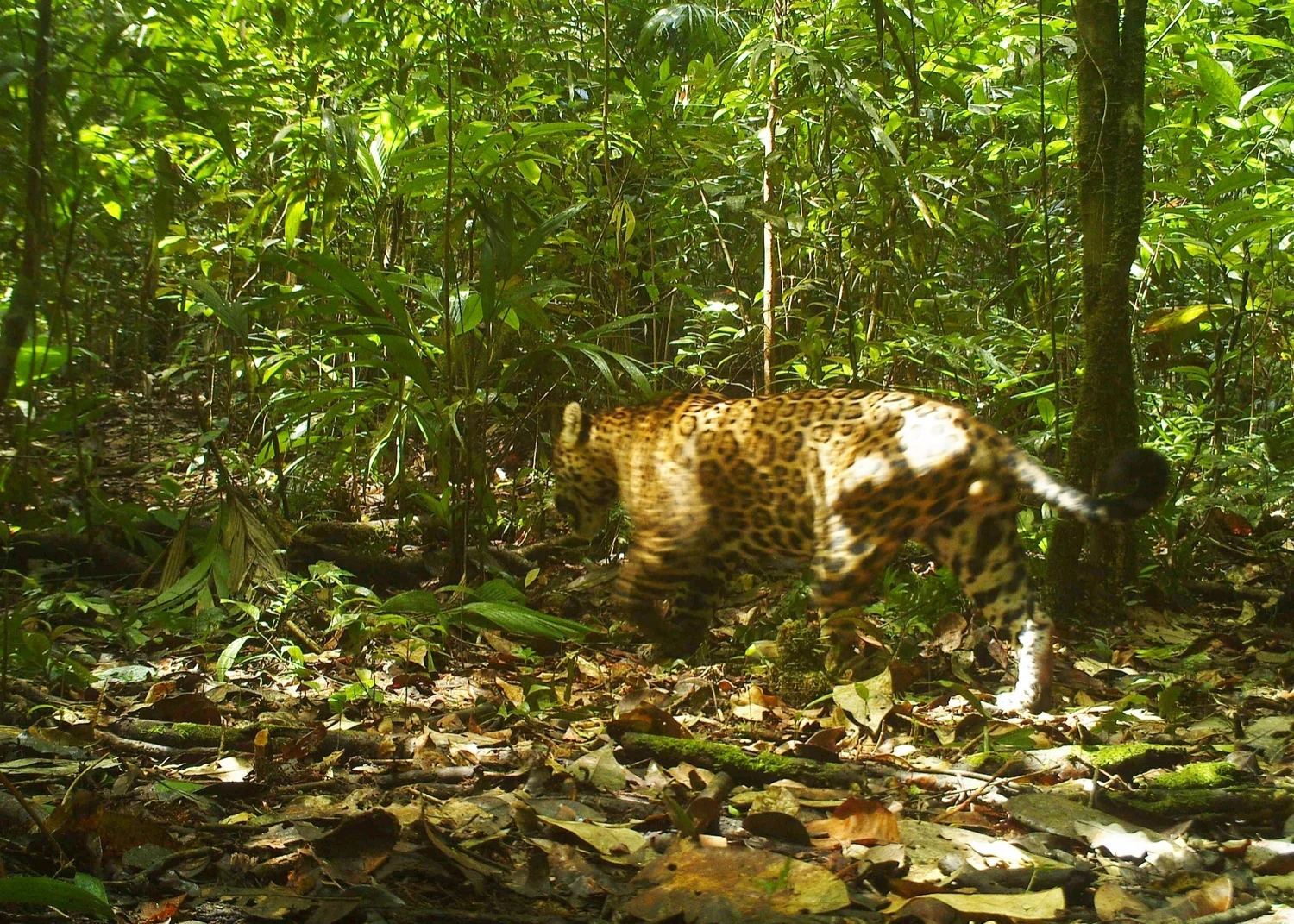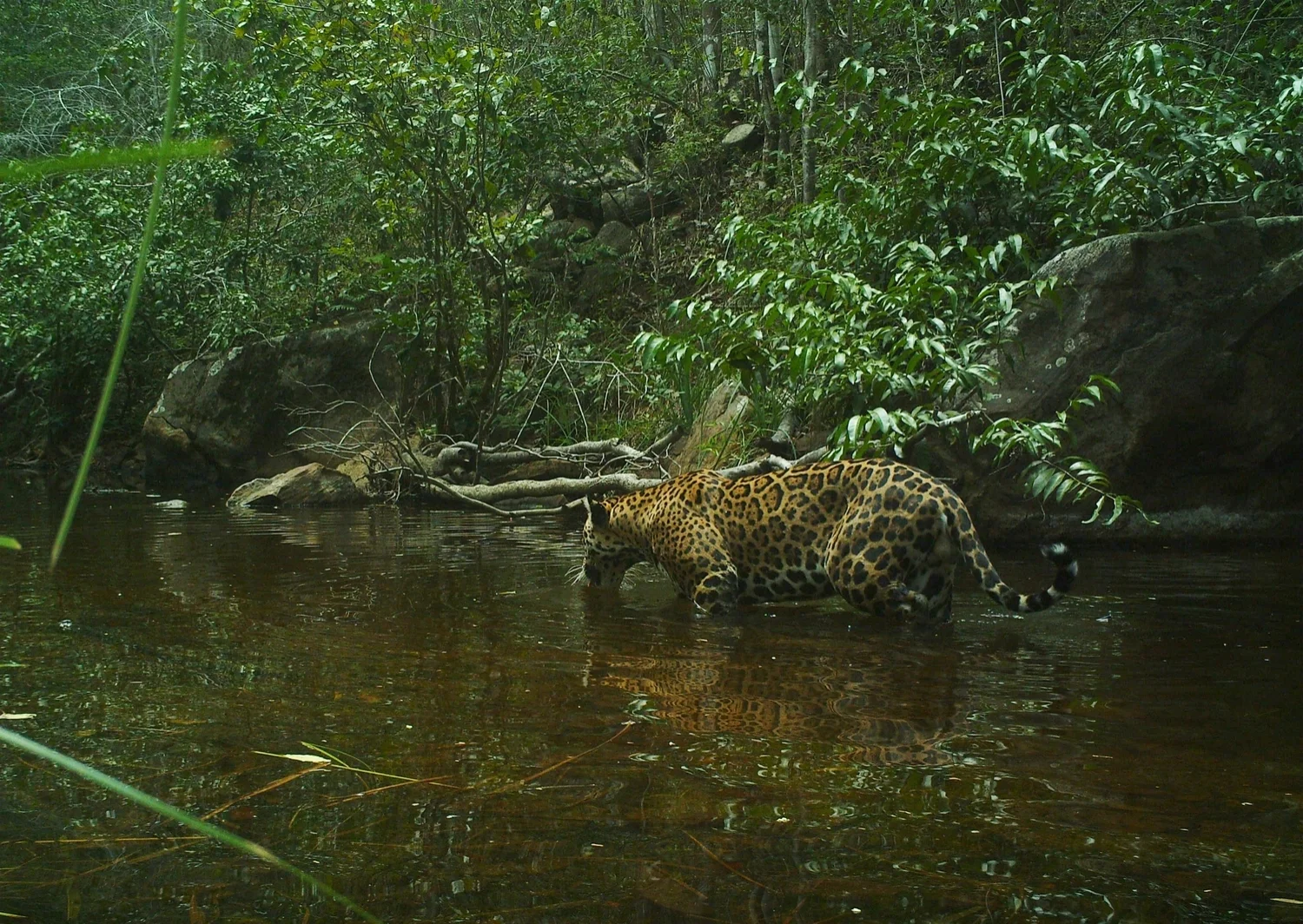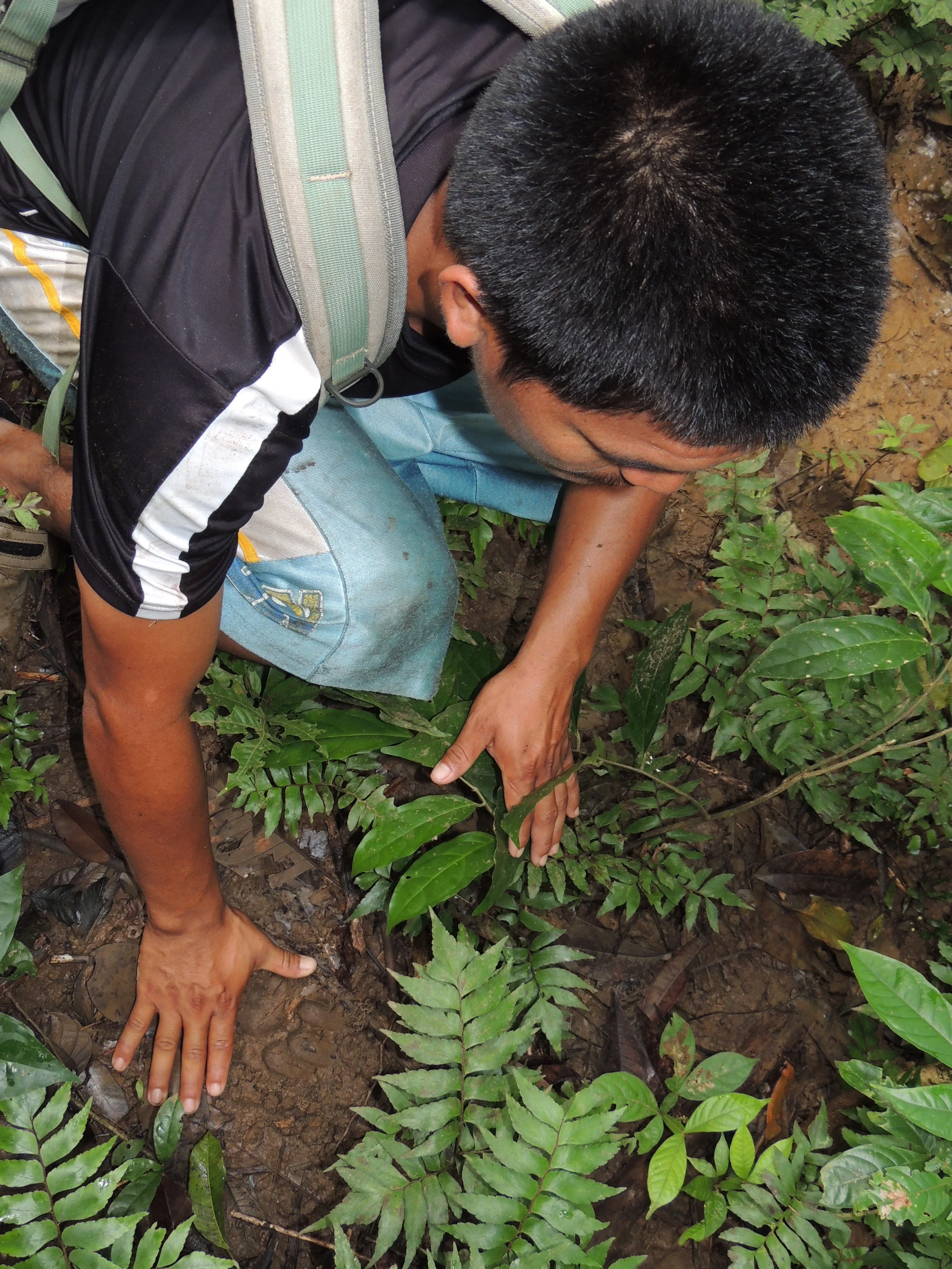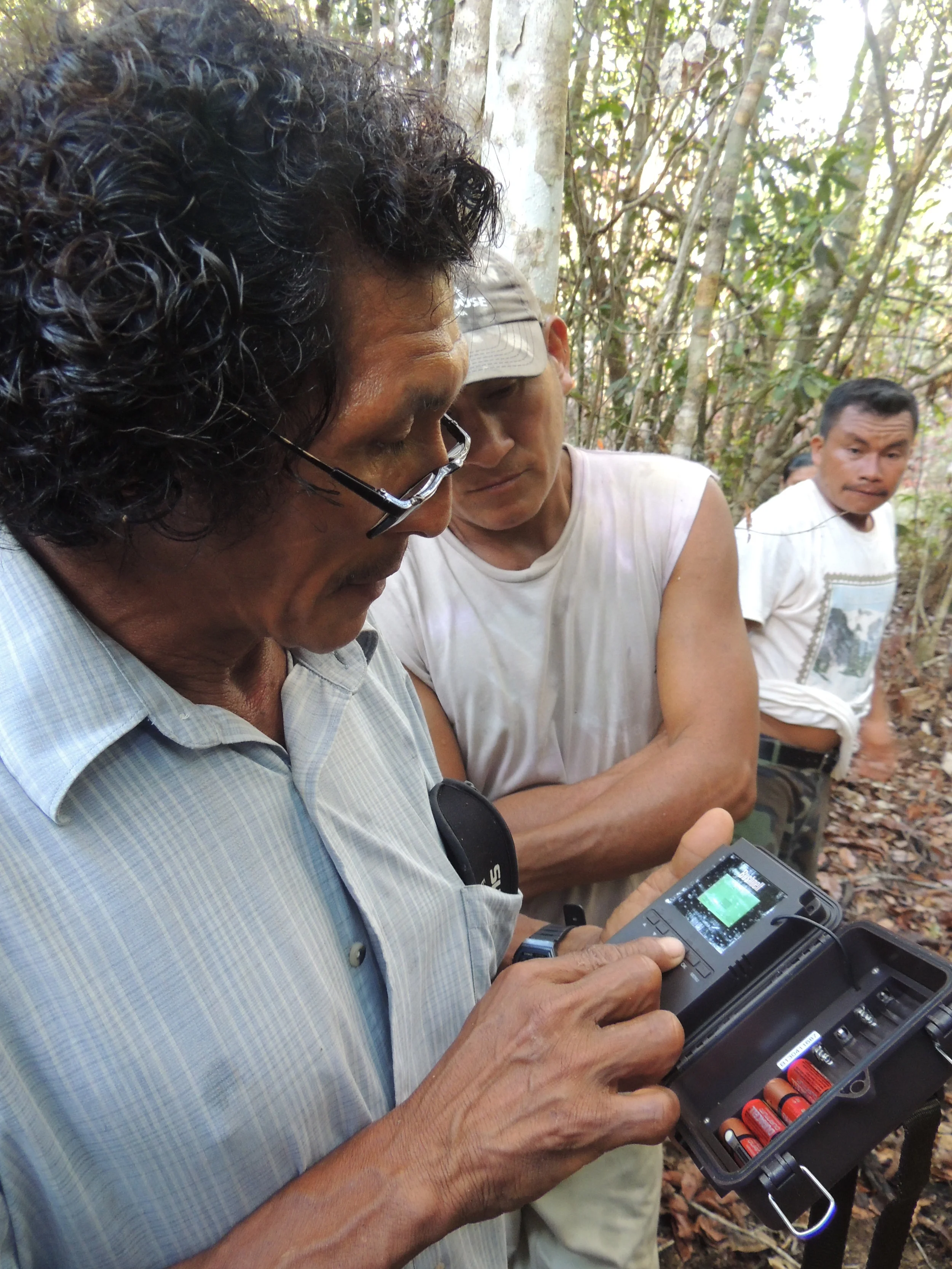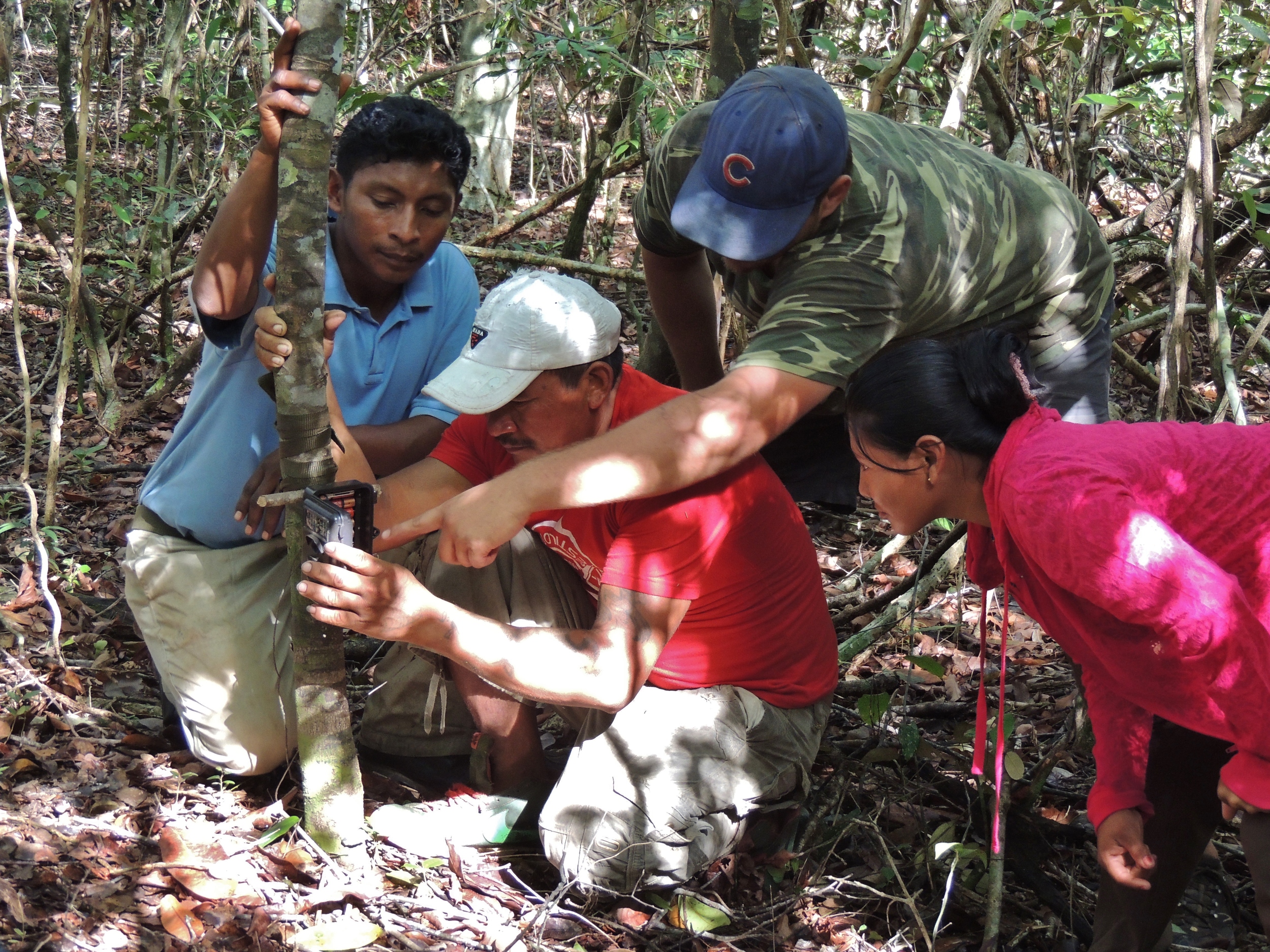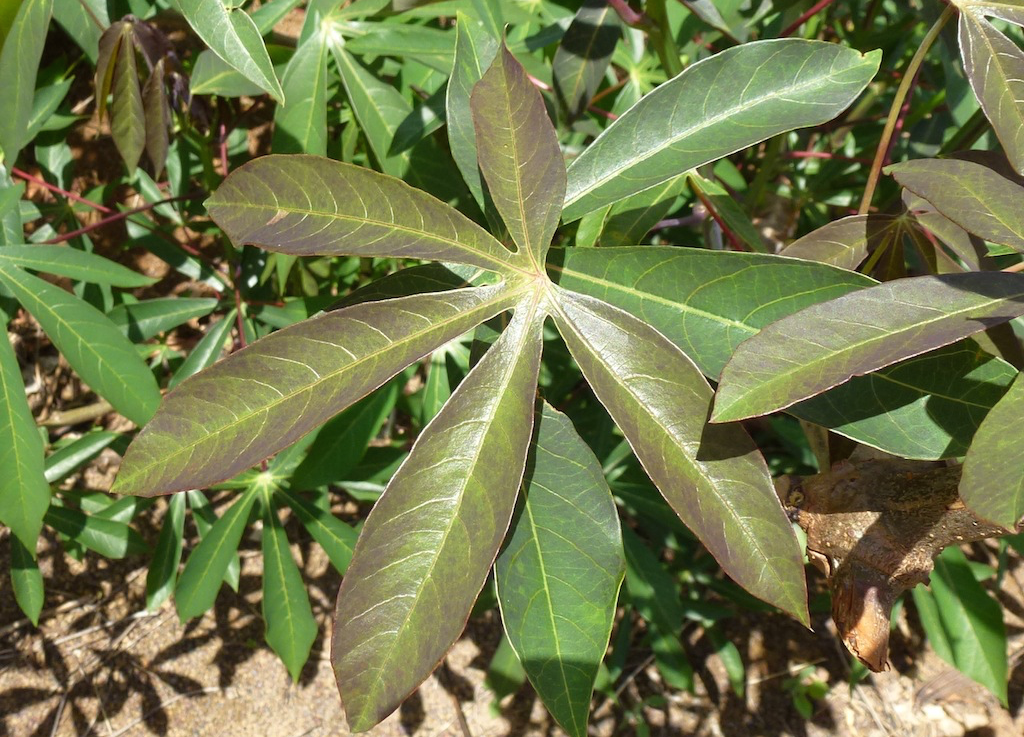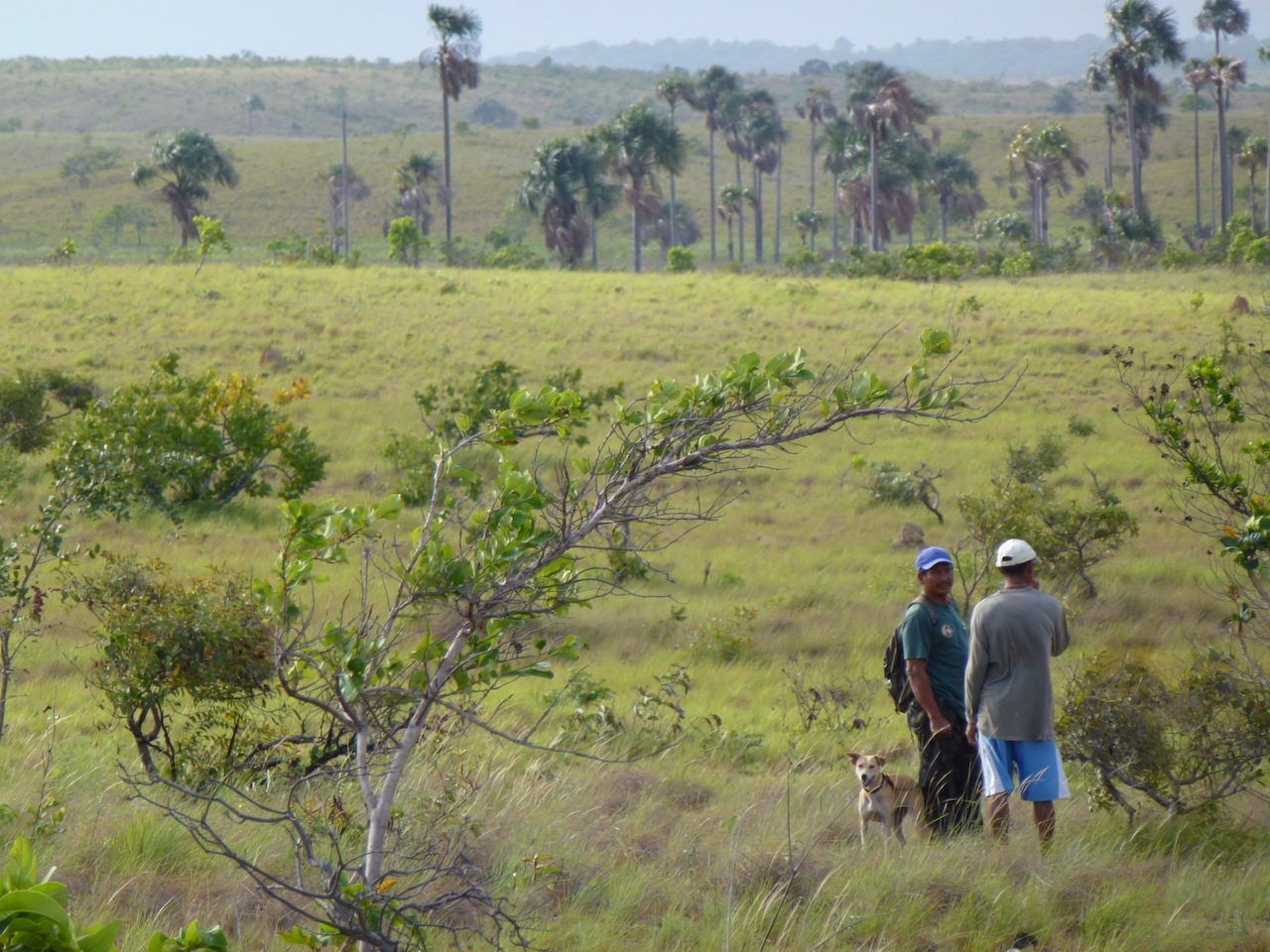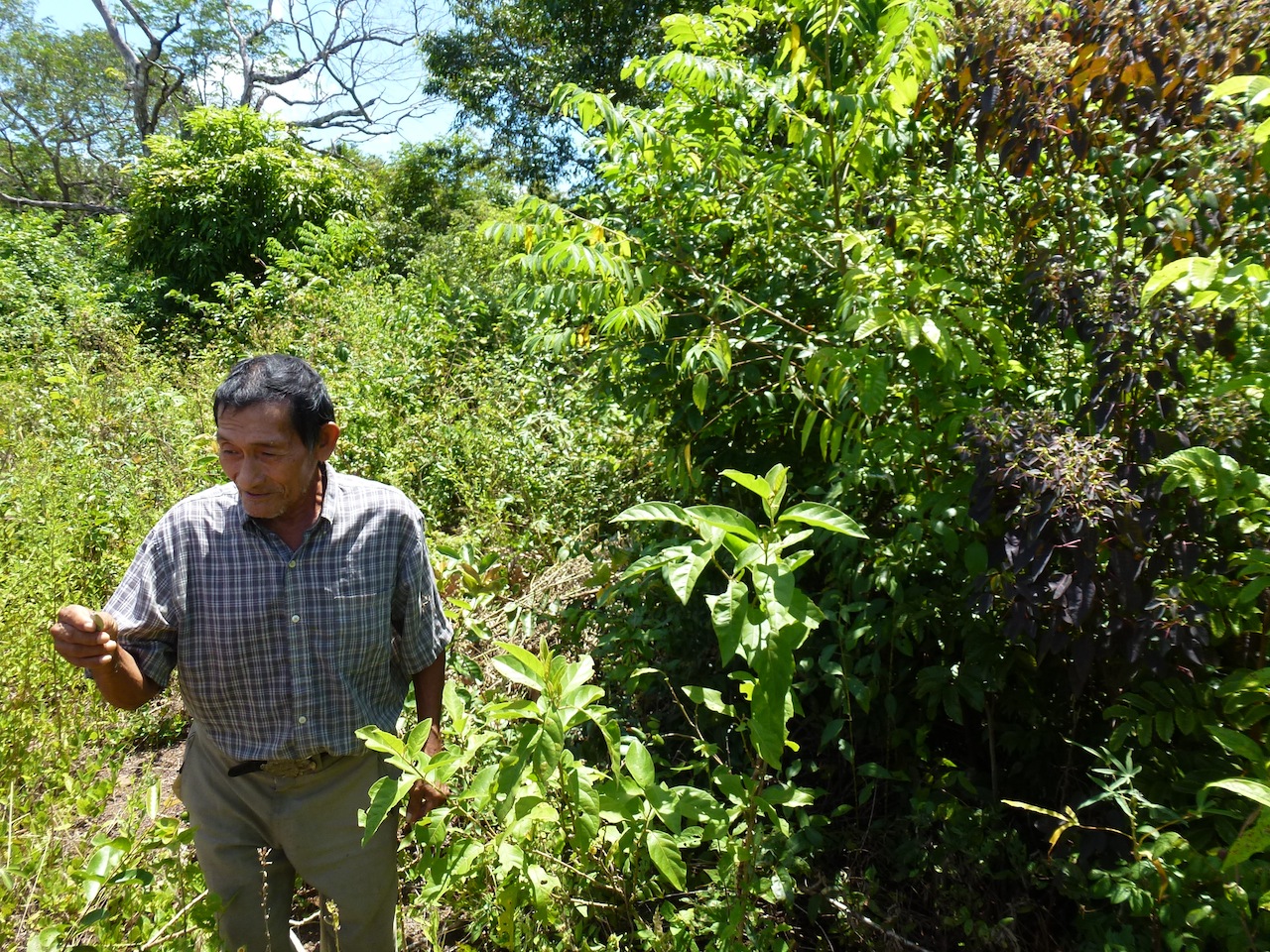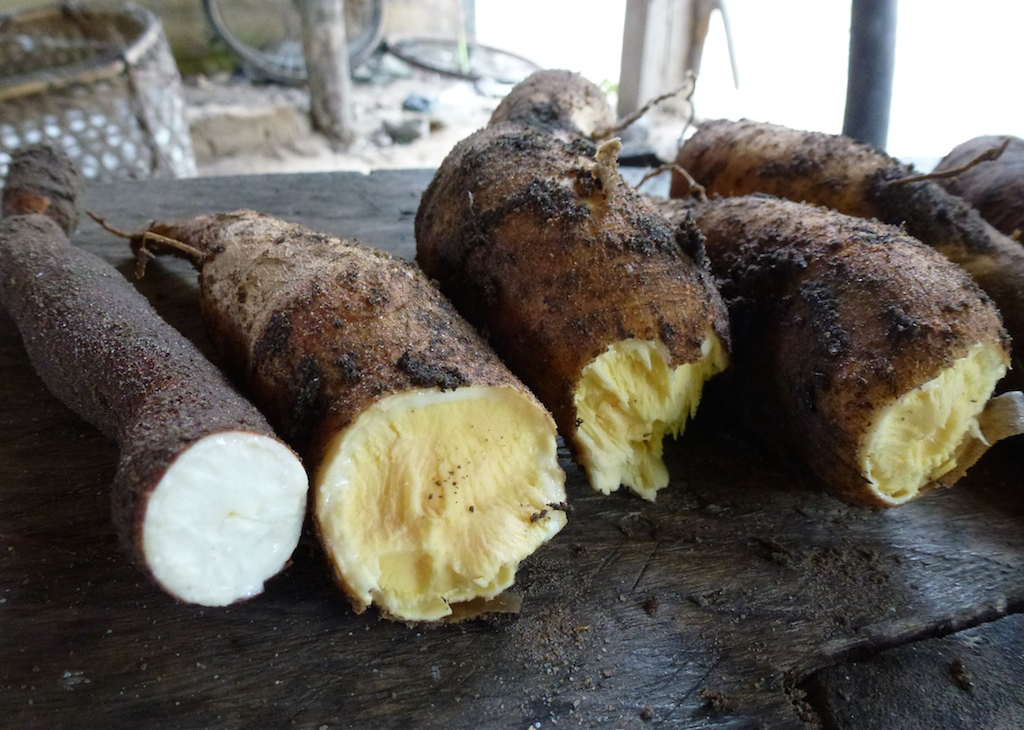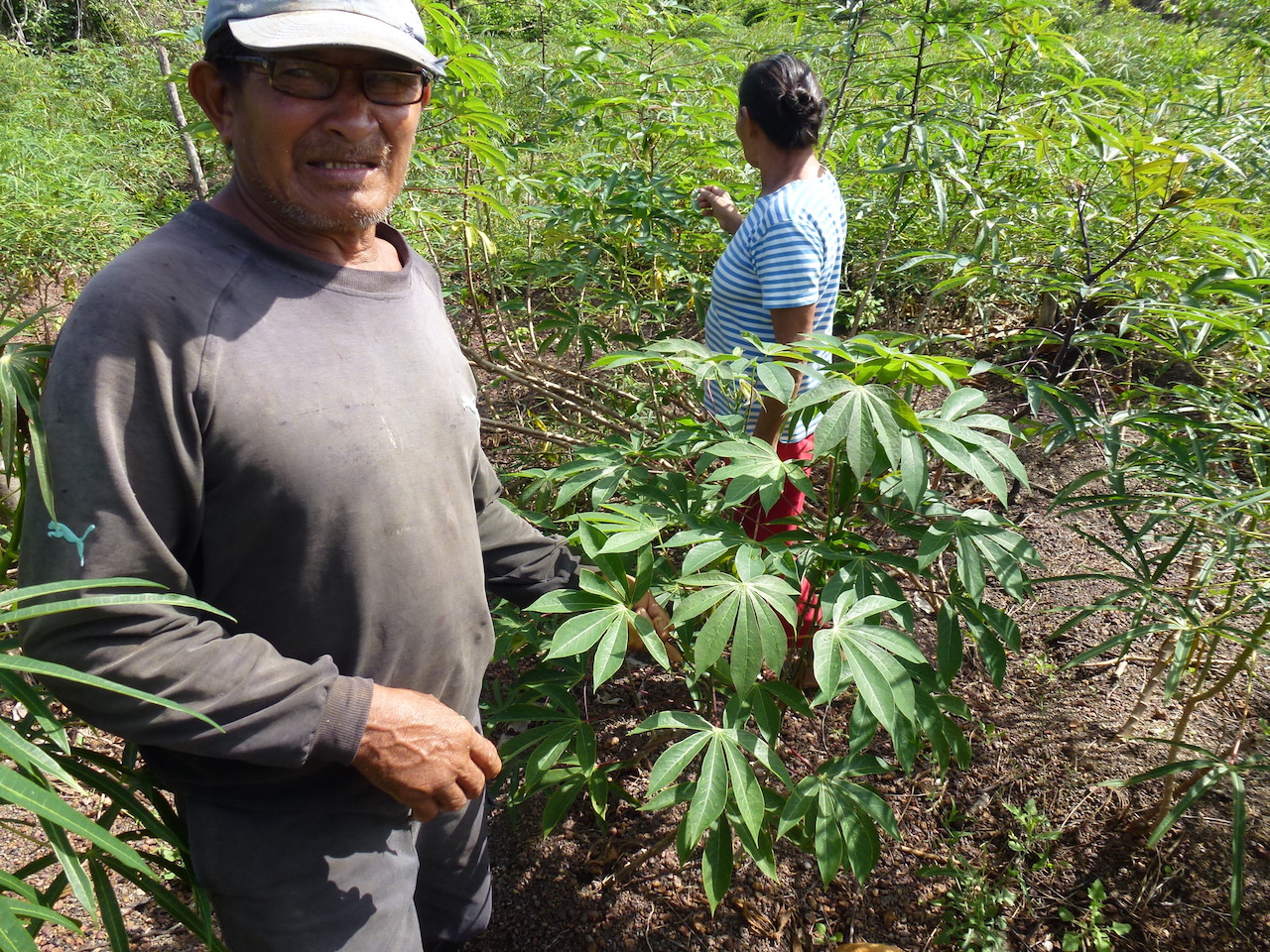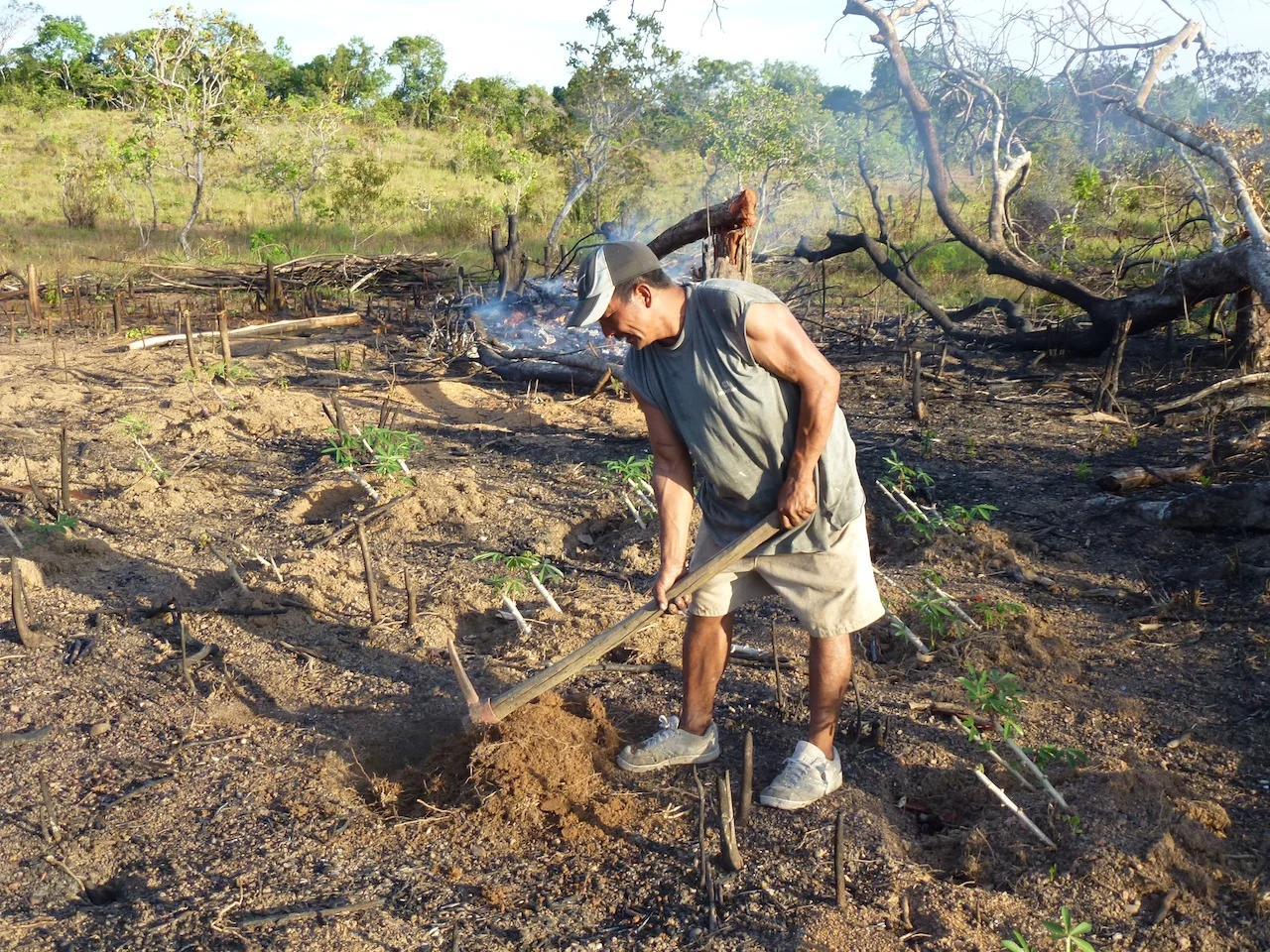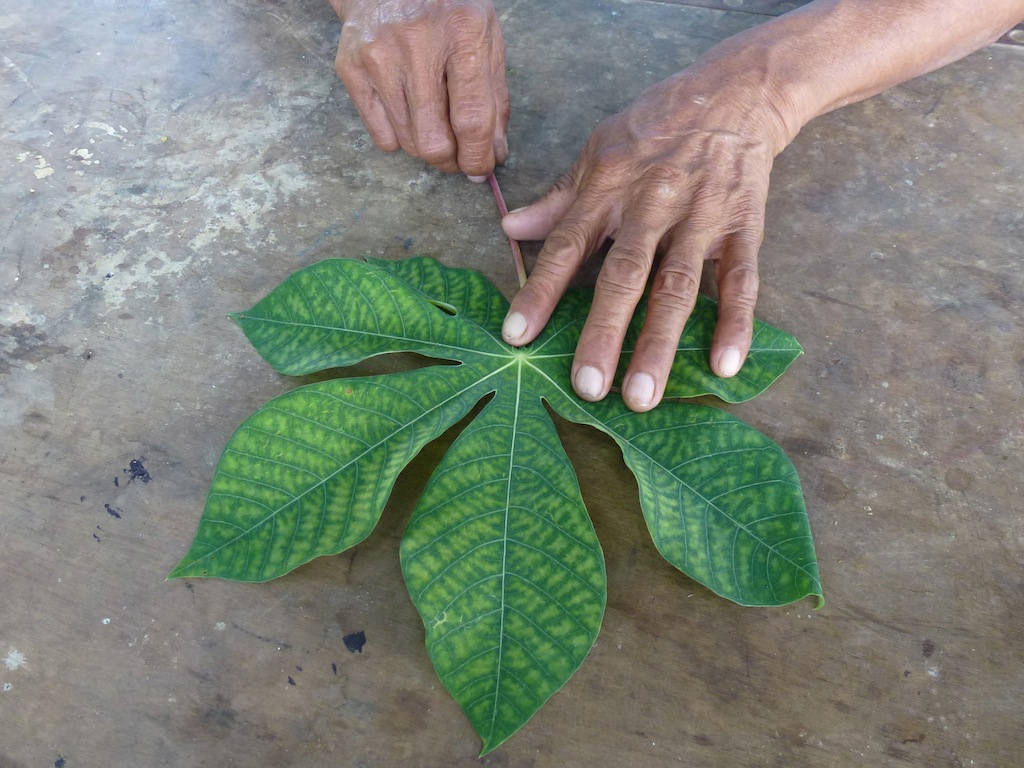Research
Black Caiman - Yellow Spotted Amazon River Turtle - Jaguar - Ethnobotany
Black Caiman
Melanosuchus niger: Long-term mark-recapture field study
1. Conduct a detailed ecological study of the Black Caiman.
2. Recommend protocols to resolve human/caiman conflicts.
3. Develop a cadre of indigenous naturalists to provide the basis for the continued study of crocodilian species, to educate local people on conservation and management issues, and to assist in the implementation of sound conservation practices.
4. Enhance our knowledge of the natural history and biology of black caiman through scientific publications and other media.
Academic Publications
Global Ecology and Conservation (2024) Nesting Trends and Predation Risks Among Yellow-Spotted River Turtles in Essequibo River Basin
Society for Conservation Biology (2022) Drivers of human–black caiman (Melanosuchus niger) conflict in Indigenous communities in the North Rupununi wetlands, southwestern Guyana
Herpetologica (2021) More bang for your croc: Wildlife tourism value of crocodilians in relation to consumptive values
Biotropica (2021) What do adult black caiman (Melanosuchus niger) actually eat?
Amphibia-Reptilia (2016) Growth rates of black caiman
Herpetological Review (2015) Notes on the diet of Melanosuchus niger
Journal of Zoology (2011) Acoustic signals of baby black caimans
Yellow-spotted Amazon River Turtle
Podocnemis unifilis: Community Monitoring and Head-start
This is an on-going village project founded in 2011 by Caiman House Intern Jeff Slocum. Generously seeded and nurtured for many years by Exmoor Zoo and Linton Zoo (UK), and then sustained by Phoenix Zoo (US), our turtle head-starting and related youth programming is currently supported by the Sustainable Wildlife Management Programme, a beneficiary of the Center for International Forestry Research.
Here’s a February 2022 article about the project.
Goal: To reduce the annual losses of adults, hatchlings and nests; to found a community-based management strategy; to build on strong local interest in and enthusiasm for turtle conservation in Guyana.
Jaguar
Panthera onca: Population Survey
Goal: to establish baseline population densities of jaguar and their prey in the Kanuku Mountains via camera-trapping techniques and capture-recapture analyses; to build capacity for community-based monitoring; to support identification of a critical corridor linking regional jaguar populations.
Matt Hallett, Principal Investigator
This project is generously supported by Jacksonville Zoo (US)
Macushi Ethnobotany Project
Working in collaboration with villagers and local experts, Lewis Daly PhD, a teaching Fellow in Social Anthropology at the University of London, has recorded data relating to varietal diversity of crops, the cultivation and processing of cassava, local fermentation technologies, medicinal plants, and the use of plant charms in shamanic ritual. Research outputs include a doctoral thesis, a number of academic papers and journalistic articles, linguistic materials, ecological lists, and — in the future — a published monograph on Macushi ecological knowledge. More generally, the project aims to promote education and the preservation of local ecological knowledge in the North Rupununi region.

